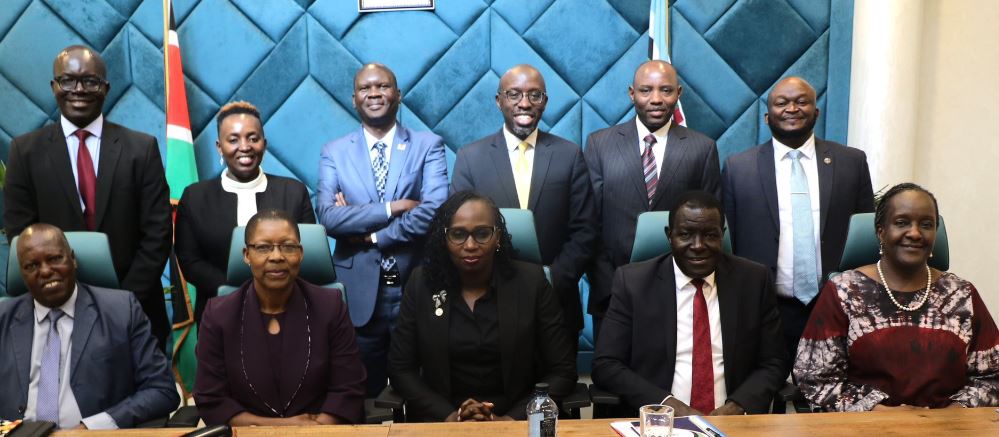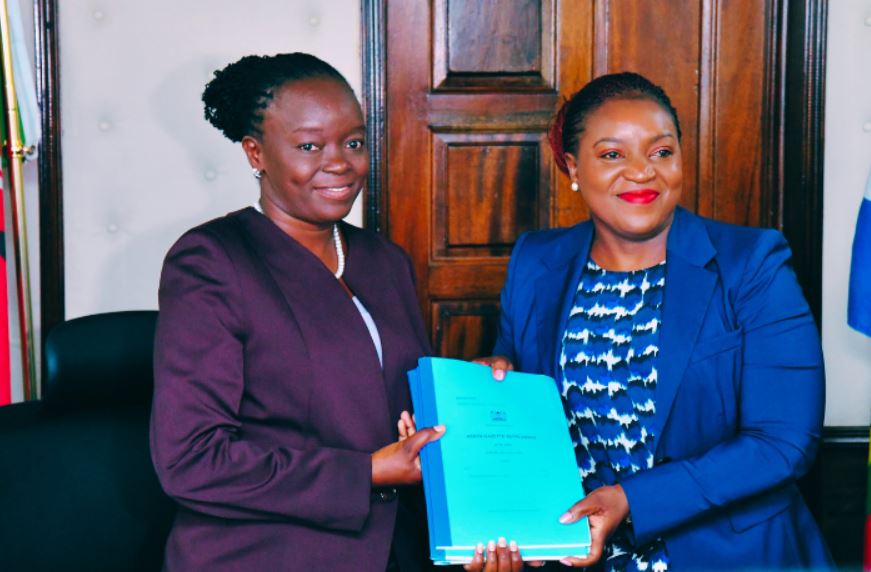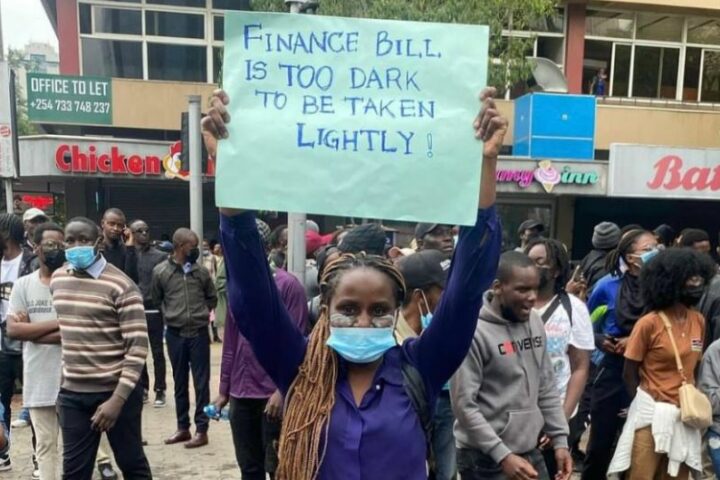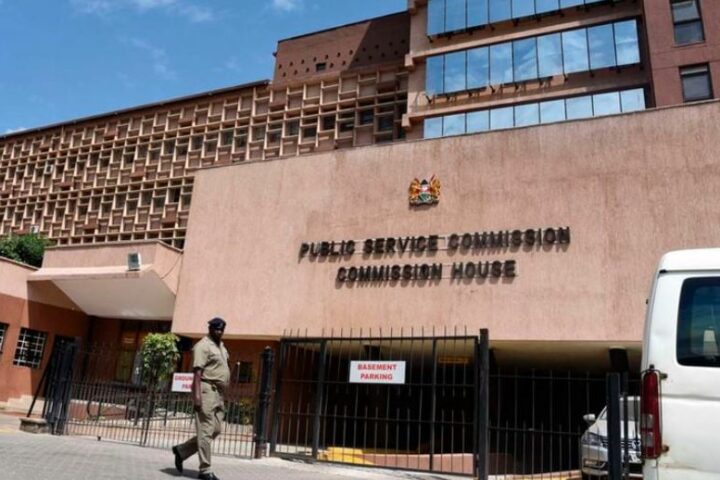 Addressing the issue of mass failures in bar examinations is a key challenge that the new Attorney General, Dorcas Oduor, plans to tackle following a recent meeting with stakeholders in the legal community. Oduor organized a consultative meeting on Wednesday, showing her commitment to resolving issues affecting law students.
Addressing the issue of mass failures in bar examinations is a key challenge that the new Attorney General, Dorcas Oduor, plans to tackle following a recent meeting with stakeholders in the legal community. Oduor organized a consultative meeting on Wednesday, showing her commitment to resolving issues affecting law students.
Law students have voiced concerns over the admission criteria for the advocates training program and the transparency of the examination process administered by the Council of Legal Education (CLE). Last month, students even threatened protests, expressing frustration over what they believe are deliberate efforts to mark down their exams and delay their admissions to the bar.
Additionally, grievances were raised regarding the fees charged for enrolling in the advocates training program and the lack of financial support for needy students wishing to join the Kenya School of Law (KSL). The discussions also focused on the budgetary allocations for both KSL and CLE.
Key figures attended the meeting, including the president of the Law Society of Kenya (LSK), the chairpersons of KSL and CLE, the Kenya Law Reform Commission (KLRC), and their respective CEOs.
Following the meeting, a statement was issued announcing the formation of a working committee, led by the KLRC chairperson, to address the issues raised. The committee will be responsible for consolidating and harmonizing student concerns, including examining the implications of various court rulings on the subject.
The statement emphasized the committee’s role in ensuring a timely response to these matters.
The committee is expected to deliver a report within two months, which will guide the implementation of necessary reforms in the legal education system.
How To Become a High Court Advocate
To become a High Court advocate, students must pass all nine units of a 12-month course at the Kenya School of Law, located in Nairobi’s Karen area. Admission to KSL is granted to students who have earned a Bachelor of Laws (LL.B) degree from a recognized university.
However, data from the CLE shows that students have consistently failed the bar exam over the past 15 years, raising concerns about their chances of being admitted to the bar.
To qualify for bar admission, candidates must score at least 50 percent in all nine subjects, pass an oral examination, and submit a written project for each subject.
Meanwhile, enrolling at KSL requires students to pay Kes. 145,000 for admission, along with Kes. 45,000 in examination fees for the nine units to be completed within 12 months.
Students who fail any exams must pay Kes. 10,000 for each paper they retake. If a student fails all nine units, they would need to pay Kes. 90,000 before being allowed to retake the exams. The most commonly failed subjects among repeat examinees are Probate or Administration, Conveyancing, and Commercial Transactions.









